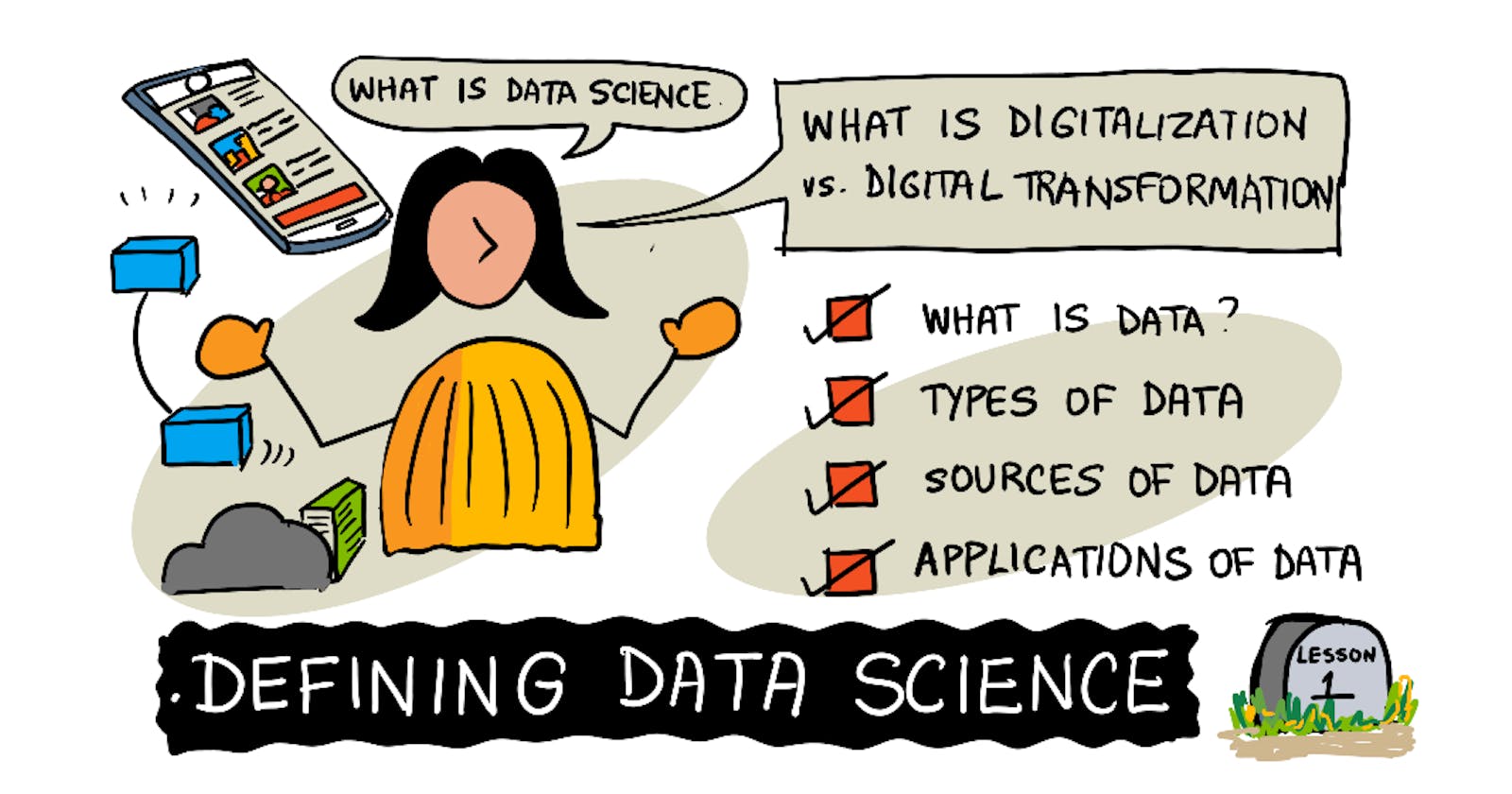Table of contents
No headings in the article.
In the digital age, data has become the driving force behind revolutionary advancements and innovations. From analyzing user behavior on websites to predicting market trends, data science has become an indispensable tool for businesses and researchers alike. In this blog post, we will embark on a journey to explore the fascinating world of data science, understand the essence of data, and discover the potential it holds for shaping the future.
Defining Data Science
At its core, data science is an interdisciplinary field that combines various techniques and methodologies to extract knowledge and insights from data. It encompasses a broad spectrum of skills, including data analysis, statistics, programming, machine learning, and domain expertise. The ultimate goal of data science is to uncover patterns, trends, and meaningful information that can drive better decision-making and improve overall processes.
What is Data?
Data is the foundation upon which the entire field of data science stands. It refers to any piece of information, be it quantitative or qualitative, that is collected and stored for analysis. Data can come in various forms, such as numbers, text, images, audio, and video. From structured data found in databases to unstructured data from social media posts, every bit of information can hold valuable insights if analyzed effectively.
Other Related Fields
Data science doesn't work in isolation. It is closely related to other disciplines like:
Statistics: The backbone of data science, providing methods for data analysis and drawing conclusions based on data patterns.
Machine Learning: A subset of artificial intelligence (AI) that enables systems to learn from data and improve their performance without explicit programming.
Data Engineering: The process of collecting, storing, and preparing data for analysis, ensuring it is accessible and reliable.
Types of Data
Data can be broadly categorized into two main types:
Structured Data: Highly organized data that fits neatly into tables or databases. Examples include spreadsheets and SQL databases.
Unstructured Data: Information that lacks a predefined structure, such as text data from emails or social media posts, images, audio, and video files.
Where to get Data
Acquiring relevant and reliable data is vital for any data science project. There are several sources to obtain data:
Public Datasets: Many organizations and governments make their datasets freely available for research and analysis.
Web Scraping: Extracting data from websites that can provide valuable information for specific studies.
Surveys and Questionnaires: Collecting data directly from users or respondents through well-designed surveys.
What you can do with Data
The applications of data science are virtually limitless:
Business Insights: Data science helps businesses gain valuable insights into customer behavior, market trends, and product performance, enabling informed decision-making and targeted marketing.
Healthcare Advancements: Data science plays a crucial role in disease prediction, drug development, and optimizing healthcare processes.
Financial Modeling: Data science is extensively used in risk assessment, fraud detection, and algorithmic trading.
Social Impact: Governments and non-profit organizations leverage data science to address social issues, like poverty, education, and disaster response.
Digitalization and Digital Transformation
Digitalization is the process of converting information into a digital format. As the world becomes more interconnected, an enormous amount of data is being generated every second. This data fuels the digital transformation - the integration of digital technologies into all aspects of business and society. Data science lies at the heart of this transformation, enabling organizations to harness the potential of data for growth and innovation.
In conclusion, data science is a fascinating realm that has the power to revolutionize industries and enhance our understanding of the world. From analyzing data to making data-driven decisions, this field continues to shape the future, making it a critical skill for the modern era. As we continue to embrace digitalization and the transformation it brings, data science will remain the key that unlocks the door to endless possibilities. So, let us embark on this data-driven journey and unlock the full potential of our interconnected world.
